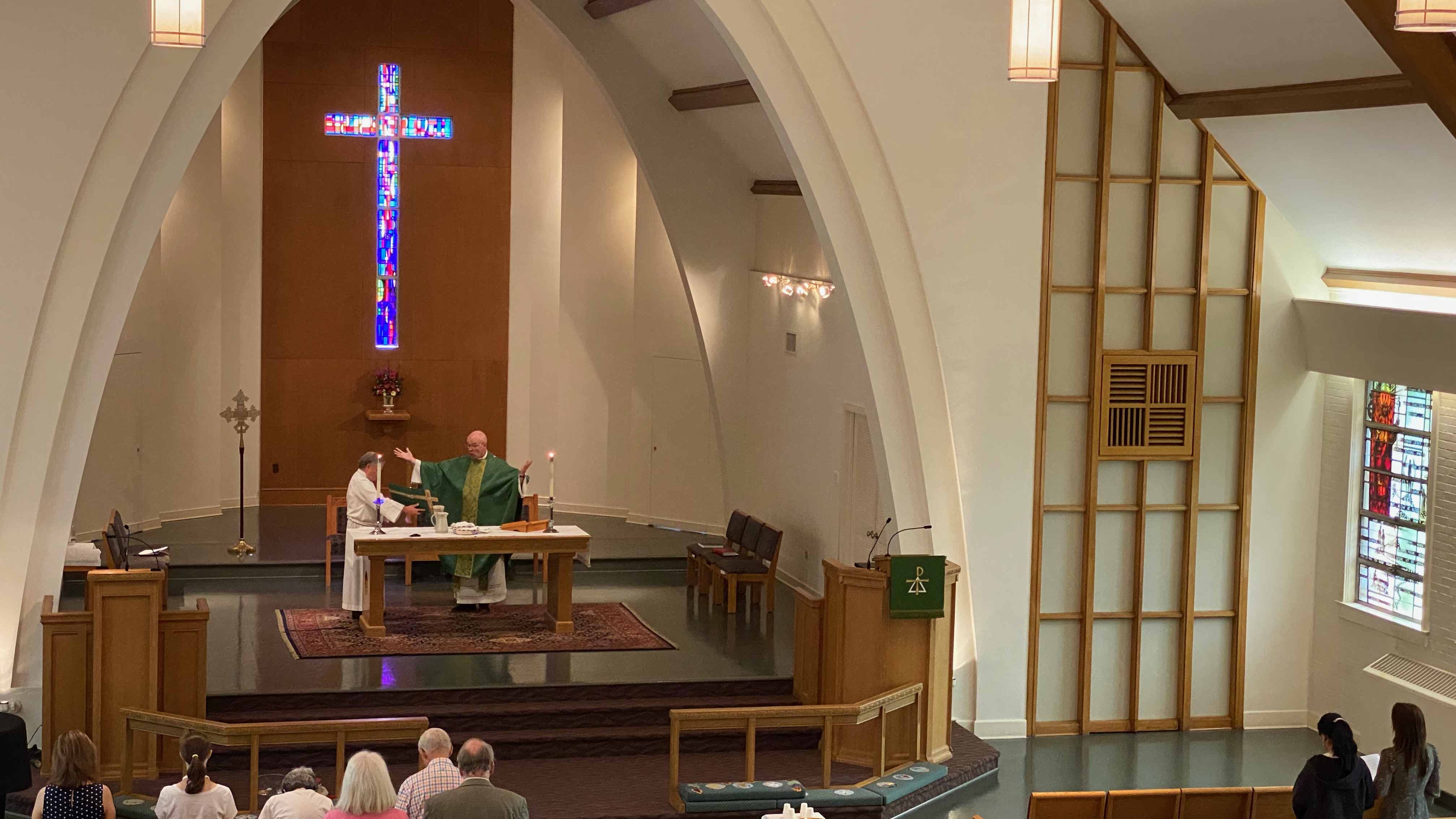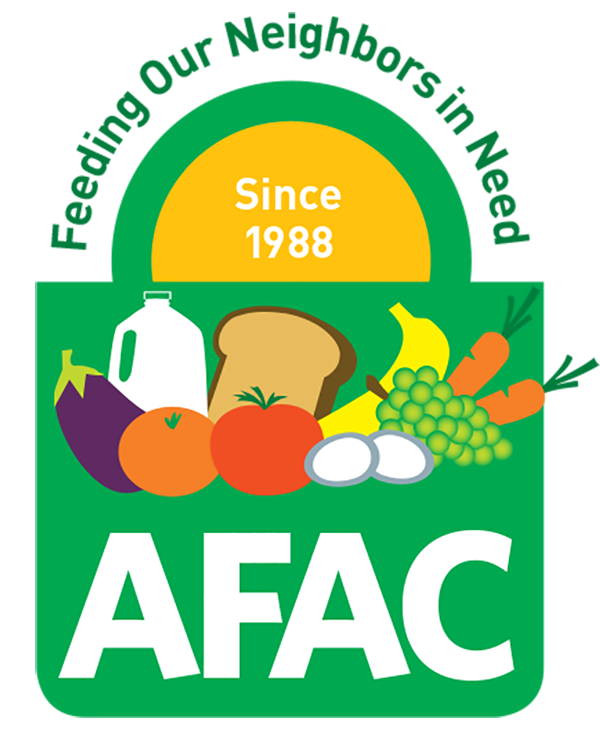Some have experimented with “virtual communion,” that is, doing the Eucharist online. Years ago, I supervised a graduate student in seminary who explored in his thesis the extent of online Christian community, including raising the possibility of a digitally-centered Eucharist. His project generated fascinating conversations about the nature of both community and Communion. But a crucial feature of the Eucharist is the centrality of embodiment – the body of Christ made known in the breaking of bread, the bodies of presiding and assisting ministers in an assembly comprised of the bodies of the faithful, and taking the body of Christ to those persons in the flesh who are homebound and unable to come to our assemblies in person. Thus, while there are aspects of “virtual communion” that are intriguing, the consensus among theologians and bishops is not to commend this possible practice.
But what about other ways of practicing Holy Communion in person that depart from our usual practices? Surely we can creatively adapt. But let us think carefully about the implications of adapted practice, because how we do the practice also communicates messages. It’s a variation on the theme, “actions speak louder than words.”
I want here to take up some alternative ways of doing Holy Communion that we are seeing take place in other churches. Some are limiting the number of who can attend their in-person gatherings, asking would-be worshipers to preregister their intention to come. While this may promote safety and good order, it flies in the face of one of the central features of Holy Communion, namely, that it is a feast for all – y’all come! The Eucharist is not a by-invitation-only banquet at a member only, private club. The only invitation is this, and it is open-ended: “Come to the banquet, for all is now ready.”
Even if congregations do not place an upper limit on the numbers of who can attend, there is still the sense that if we celebrate Holy Communion while the risk of the pandemic persists, our practice will effectively exclude those most vulnerable to the virus and its devastatingly ill effects. This has the unintended effect of reserving the Eucharist for those of most robust health who are the least vulnerable. Surely this is not what our Lord and our Great Tradition intend to communicate! Rather, Holy Communion is for the entire assembly of the faithful, with special attention to the most vulnerable and marginalized. If something approaching the whole assembly is not possible to attain, should we even consider celebrating the holy meal?
Then there are practices focused on how the blessed bread and wine are delivered to communicants. The long and the short of it is that there is no method for the administration of the blessed bread and wine that isn’t fraught with health risks of handling the gifts in one way or another, before, during, and after the celebration. Sharing a common cup, intinction in that cup, placing bread or wafers in the hands of communicants, persons picking up the bread by themselves – all methods come with risky complexities.
But let’s explore one example. Some advocate for a return to the use of the small, individual glasses in trays that were common in Lutheran churches a generation ago. But pre-filling those glasses, or administering a pouring chalice with the small cups, brings the risks of various kinds of physical contact. Health experts recommend the use of plastic, disposable vessels. But the use of disposable vessels poses the environmental hazard of more plastic waste going into landfills and elsewhere. Holy Communion is importantly a feast of creation that honors as sacred the gifts of grain from the field and the fruit of the vine and impels us to be good stewards of that good creation. Plastic cups don’t serve our God-given mission of creation care.
Some churches are using commercially manufactured, prefilled, pre-sealed disposable containers which include both bread and grape juice. This, of course, presents the same challenges to creation care, but think of what such a package communicates. It makes Holy Communion resemble the overly processed foods which we regularly consume. It runs the risk of making the Eucharist into a commodity for purchase and consumption like so much else in our current society. Again, the logistics of our practices speak volumes. While disposable pre-filled vessels may be safe from a health perspective, these commercially manufactured vessels proclaim messages that we may not want to convey since our actions speak louder than words.
One of the more interesting suggestions I’ve been made aware of is this: why don’t individuals and families just bring their own bread and wine to have the presiding minister bless these gifts from afar? While this has appeal in terms of honoring the sacredness of the ordinary gifts we bring, and it’s safe, let’s think a bit more deeply about this possibility. When we come to a church potluck, we bring a dish to pass, to share with the entire group, and not to reserve what we bring for ourselves. Moreover, the “BYOB (bread)” possibility runs the risk of succumbing at least symbolically to what Paul addressed in 1 Corinthians 11:17ff.: “When you come together, it is not really to eat the Lord’s Supper. For when the time comes to eat, each of you goes ahead with your own supper, and one goes hungry and another becomes drunk. What! Do you not have homes to eat and drink in? Or do you show contempt for the church of God and humiliate those who have nothing?” (1 Corinthians 11:20-22a) Not that members of Resurrection would gorge themselves on bread and get drunk with wine if they brought their own gifts to a celebration of Holy Communion! And not that they would practice a kind of spiritual pride in showing off the quality of their bread and the good vintage of their wine! Nonetheless, it is crucial for us to think through the implications of what our practices say. Bringing a dish to pass, to share, is more in keeping with the spirit of the Holy Communion that features one bread, one cup, the one body and blood of Christ Jesus made known commonly in the whole assembly. Some form of BYOB doesn’t show forth the fuller meanings of the sacrament that our practices seek to signify.
There is much more to be said about all of this, and I suspect that coming iterations of these weekly missives will continue to address themes of sacramental practice. The long and the short of it is that there is no easy, straightforward solution to the practice of Holy Communion during the pandemic that is both safe AND that honors the fullness of the meaning of the sacrament that we want to proclaim in our actions. Please know that as the leaders of Resurrection Church continue to meet in discerning conversation in the Reopening Planning Group, our deliberations will be guided by and centered in that which nurtures the greatest safety for the most vulnerable AND those practices which do their best, albeit imperfectly, to communicate the richest constellation of meanings of the sacramental sign that is Holy Communion.
May God in Christ lead and guide our shared discernment in the power of the Holy Spirit,
Pastor Jonathan Linman






